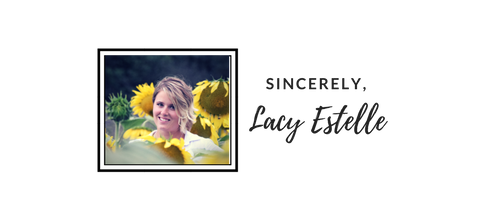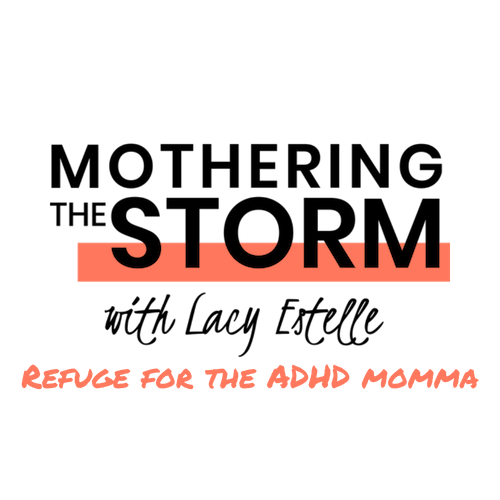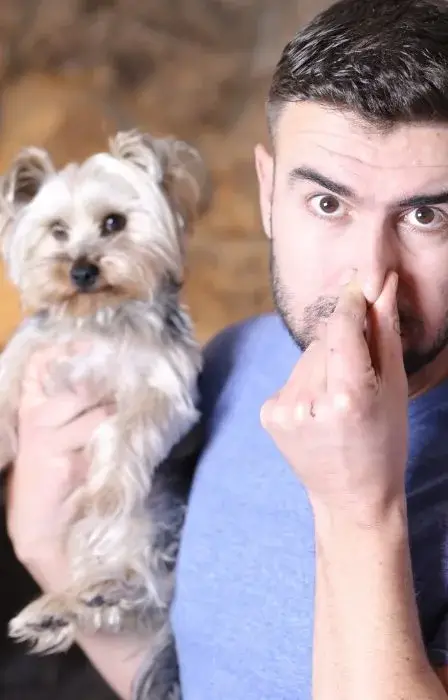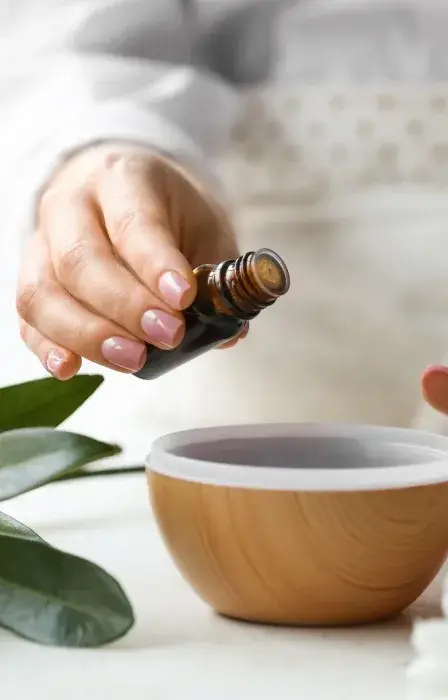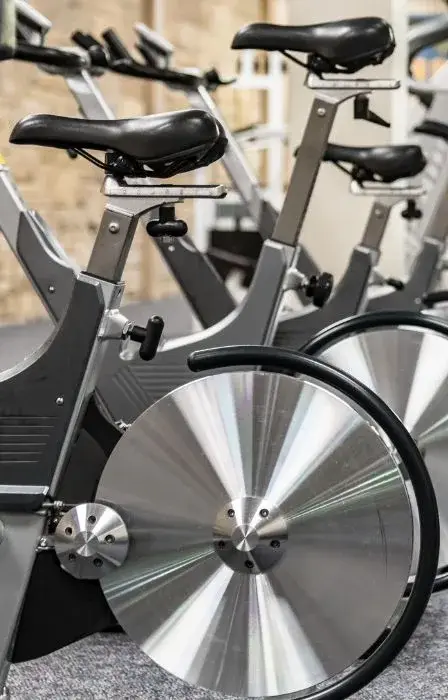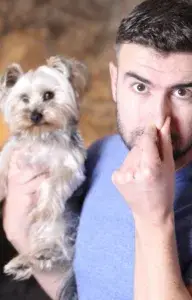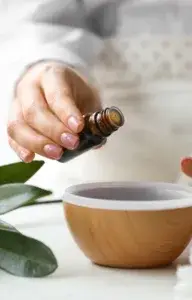This post may contain affiliate links. This means, if you make a purchase from a link on this page, I may receive a small commission at no extra cost to you. You can find our entire disclaimer here.
Tell someone else!
Overcoming CoDependency was one of, and still is one of the hardest things I have ever done.
This is Part 5, in a 6 Part In-Depth series on How to Get Out, How to Leave an Abusive Spouse. You can read the other parts to this series here:
Part 1, Why She Stays
Part 2, How to Make Independent Money Fast
Part 3, How to combat the Broken Family Guilt when Divorce is best
Part 4, How to Overcome and Break Free from Gaslighting Manipulation
Nine years ago and nine months pregnant with my oldest son I ventured to find hope. A mere 18 years old, I put my car in park in front of an old church in Flint, Michigan. I was in an area I wasn’t super familiar with but was seeking answers desperately. Online it said there was an Al-Anon Group that met at this location on Wednesday nights from 6:30 pm to 7:30 pm. So I had come.
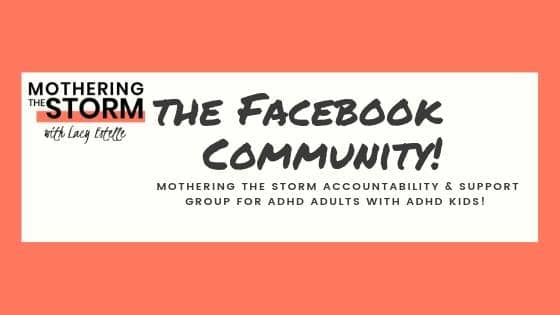
Click Here to Join the Mothering the Storm Facebook Group! An Encouragement Group For Parents who have ADHD and are also caring for an ADHD Child!
I accidentally sat down in the area for the Alcoholics Anonymous meeting.
Assessing my maternal state, the chairperson approached me to ask if I was an alcoholic. I think she was hoping, the young pregnant girl is likely codependent less alcoholic. She redirected me to a smaller room down the hall.
Stepping into the room I strode to the side of a long eight-foot table. A few cups with pencils and broken crayons peaking overtop lined the middle. It must’ve been a Sunday school room on the weekends, but today it was something else. At the end of the table were a few leaflets. One listed the
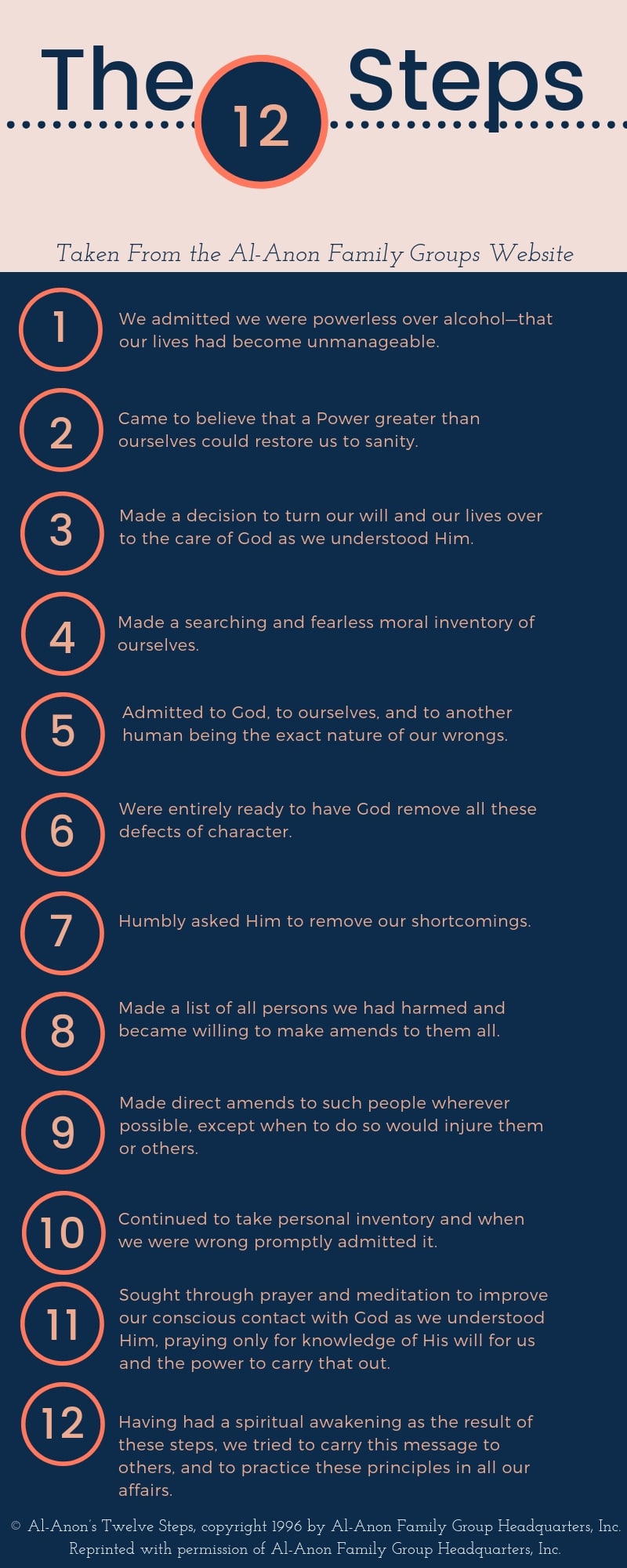
Confused, because I only knew the twelve steps were for alcoholics dealing with alcoholism, I thought I might be in the wrong meeting, again.
An older lady entered and I asked: “Is this the room for Al-Anon?”
She answered “Yes. We’ll be starting in just a moment.”
Still unsure if I was in the right place, I sat down anyways. Over the next 15 minutes approximately eight other individuals, none as young as me, filed into the room.
Over the next 45 Minutes I heard each of them speak, all finishing with “Thanks for listening…” and the group would respond “Thanks for sharing…”
It was inviting, and everyone spoke up. Except for me.
I was
No amount of pleading and begging I had done with them, had convinced them to stop drinking.
Even being pregnant, and worried they would be drunk the day I gave birth hadn’t swayed them.
No. I didn’t need the steps.
I needed to know how to get them help. I needed to know how to convince them to go to Alcoholics Anonymous.
Finally, someone said, “What’s your name honey?”
Realizing they were looking at me, I responded “Lacy.”
“Ok Lacy, Why are you here?”
And that was all it took. Tears poured from my face. Sobbing through them, I tried to get the words out.
“He won’t stop drinking. I don’t know what to do. I’m getting ready to have a baby and he’s drinking every day. He leaves work sometimes because he gets drunk at work. When I try to reason with him he won’t
I trailed off, expressing defeat. Feeling utterly useless.
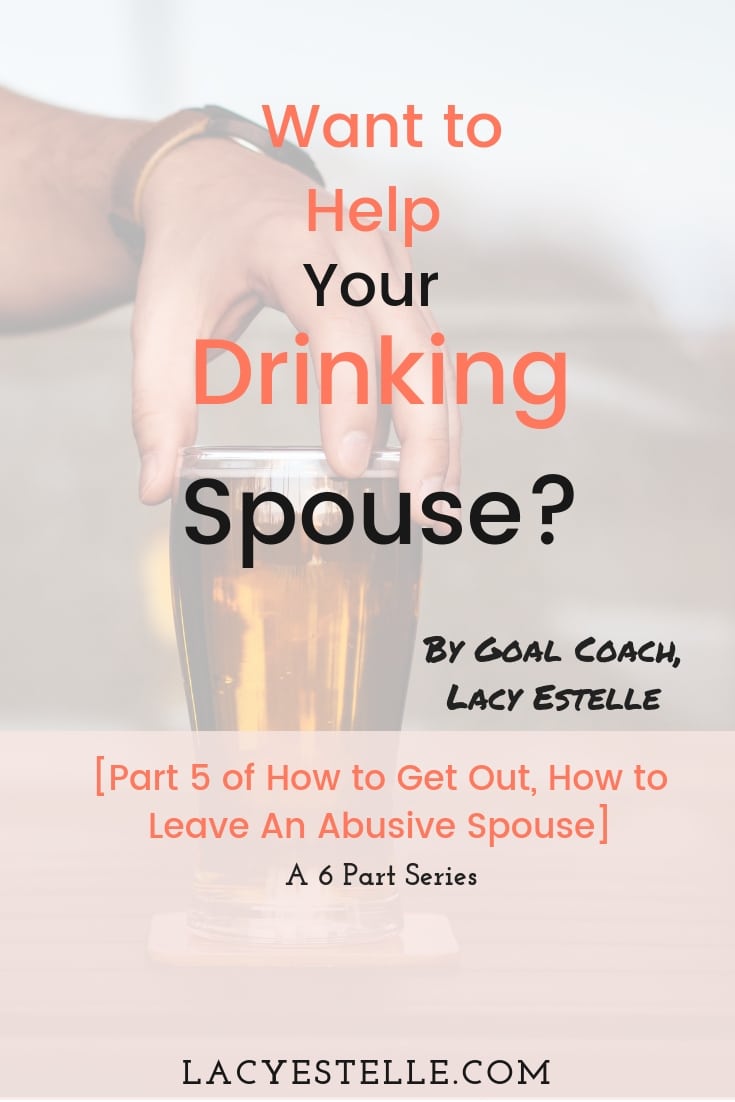
How was I, as a spouse, expected to help my partner grow if I couldn’t help him stop drinking?
“Oh honey, You are in the right place.” Said the chairperson as she handed me a tissue.
Over the next 5 years of my life, I would attend Al-Anon on and off. Working the steps. I also attended another 12 Step Program for Overcoming CoDependency called Celebrate Recovery that was hosted by my church. A specifically Christian version of the
In my journey of overcoming codependency, I met many people and heard many stories.
I’d love to tell you that I am no longer co-dependent. That I overcame it, and you can too.
But that would be a lie.
PsychCentral.com defines codependency as characterized by a person belonging to a dysfunctional, one-sided relationship where one person relies on the other for meeting nearly all of their emotional and self-esteem needs
I define it as: Addiction to another human being.
As with any addiction, you’re never completely free from it. You must maintain sobriety (in a toxic relationship, I would see this is as leaving, or not enabling), work the 12 steps, practice self-forgiveness and forgiveness of others to continue moving forward.
Read Why your ADHD Spouse is Emotionally Abusive
The Role of CoDependency and Overcoming CoDependency in a Toxic or Abusive Relationship
When it comes to toxic people and addiction many people will automatically assume the toxic behavior stems directly from the addiction.
The fact is, that assumption is like asking “Which came first, the chicken or the egg?”
Not all toxic people are addicts, and not all addicts are toxic. And not all toxic behavior is from addiction.
It can exacerbate it though.
Addiction is a selfish disease. It makes a person greedy, selfish and unrelenting when their need for their substance consumes them.
If the person is already self-centered (narcissistic abuser) it will only amplify these traits.
Think about Gaslighting and how I explained it in the last post in this series.
An addicted abuser will lie about where they’ve been, what they’ve been doing and then make you, the victim of their abuse feel crazy for questioning them.
But what if they get sober? What if they overcome their addiction? Won’t their abuse stop?
The truth is you won’t know until they do. The best way for you to help them overcome their addiction will be to get help yourself.
I strongly recommend Al-Anon. It is emotional and painful but so very eye-opening. You won’t leave there feeling defeated. You’ll leave there with tools for overcoming codependency and ways to actually help your spouse.
You will find friends there. People who have been in your shoes and understand your frustrations. People who don’t get “sick of hearing about your drama” like your friends do, because they too have lived it.
So what if I Start overcoming codependency, but the abuse continues?
Unfortunately, codependency is your addiction. Not his. You can get better, and feel better and know you are no longer enabling your spouse. But if they are an abusive person (and often times, abusers abuse more than substances), their behavior won’t change even if they get sober. In fact, choosing not to enable them or try to control them may amplify their abusive tactics.
Overcoming CoDependency is not a New Idea
There are Several books written about it.
Including:
CoDependent No More: How to Stop Controlling Others and Start Caring for Yourself
By Melanie Beattie

One Amazon Reviewer wrote: “I am not normally a fan of “self-help” titles. I tend to cringe at the very thought, and to be honest, I was doing just that when this was recommended to me. However, I like to keep an open mind so I dove in.
Codependent No More did not feel like a guidebook or advice being thrown around. It read with an eerie sense of familiarity. As I poured through the case studies, I found myself thinking “that is me!” or “I know this person!”. It was soon very obvious that I did not understand what being codependent meant. I had always viewed this as a negative label stuck on those whose loved one were addicts. But it is so much more. In fact, this is a problem that affects many.
I cannot recommend this title enough. If you are struggling, read it. If you know someone who struggles, read it. If you do not understand codependency, read it.
There is something to be taken from Codependent No More for everyone. It is a refreshing perspective and read.” – Books, Vertigo, & Tea
The Human Magnet Syndrome: Why We Love People Who Hurt Us
By Ross Rosenberg

One Amazon Reviewer Wrote: “I have spent 30 years of my life choosing the wrong men. I happened to come across an article by the author online and decided to read the book. I read it in one sitting, today, after kicking another narcissistic man out of my house yesterday. It’s too soon to say “this book has changed my life”… but it will. I have never understood what is wrong with me or why I gravitate to selfish, arrogant men, and have spent my entire life in denial of an extremely challenging childhood. However miraculously, to see my entire life loosely summarized in a book by someone I don’t even know has spurned an incredible sense of determination to change. After months in therapy whining about my relationship, thinking I could change things while sticking around, I am convinced it is time to take a break from dating and try to reorient myself in the hopes of ending up in a relationship based on mutual love and consideration — something I have never had before. If you are even considering the possibility that you are in a codependent situation, buy this book. Read it in the bathroom, or shower, or in a grocery store parking lot if you’re dating someone who would be suspicious. Just do it. It’s a surprisingly affordable “holy crap” moment you will probably not regret.” -Jessica
Boundaries In Marriage: Understanding the Choices that Make Or Break Loving Relationships
By Henry Cloud and John Townsend

One Amazon Reviewer Wrote: “I live with an emotionally abusive husband. I had tried to get him to understand how he was hurting me, but it would only turn into arguments. I finally decided to go to counseling. I learned that I had a part in the problem. I was a codependent. I needed to learn to set boundaries. However, I was also told that my husband’s personality was such that he would never get better and I was gently being pushed into leaving him. She asked me every week what it was going to take for me to leave him. I read this book and now I have hope again. Using Scripture, this book outlines different problems and how to set clear fair boundaries. While I’ve just finished the book, I have already started using the boundaries. This book gives good, clear examples in a chart form that is very easy to understand. With practice and time, I will get better and learn how to set good boundaries. I cannot change my husband, but with good boundaries, he can learn and change himself. If he doesn’t, and some don’t, then I will know I did my very best. I will also know how to deal with others in a healthy way. I no longer feel confused. I like the way this book values marriage. I had told my counselor I really wanted the marriage to work, but sometimes I didn’t (when he was abusive, which was at least weekly). It also states that there are times it just doesn’t work out, but if you’ve learned to set good boundaries then you can accept the fact it isn’t going to work.” -VLS
Sometimes in our marriage and relationships, we understand all too well that hurt people: hurt people.
So even while someone is hurting us, it’s easy to rationalize their actions because of their past, their drug abuse, their drunkenness etc.
It’s hard to recognize that in doing this, we are cutting our needs short to make room for their excuses.
If you truly want to help the individual who is hurting you, because you know they do so because they are hurting inside. Then you must start with yourself.
Setting clear boundaries, seeking help, learning about their behavior will help you keep a clear mind.
If you need someone to talk to, vent to or just say “yes girl! I understand” while you sob. Reach out to me on Facebook or E-mail.
From one CoDependent to Another, stop letting your big heart be used as a weapon against you.
Protect it and use it to give more love. If I can do it, so can you.
Click Here to Read Part 6, What Does the Bible Say about Toxic Marriages
Don’t forget to share this with someone you know Overcoming Codependency. It could change their life.
